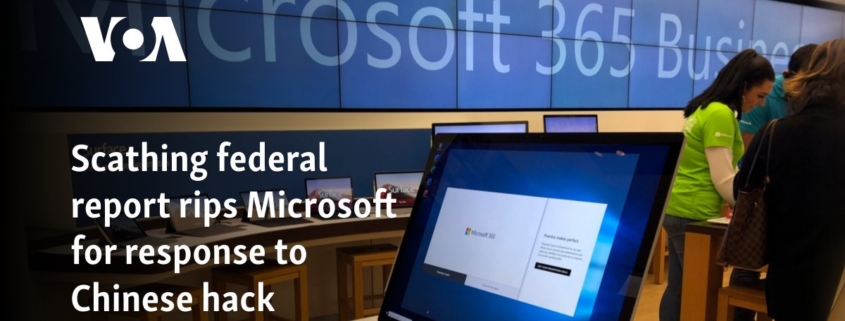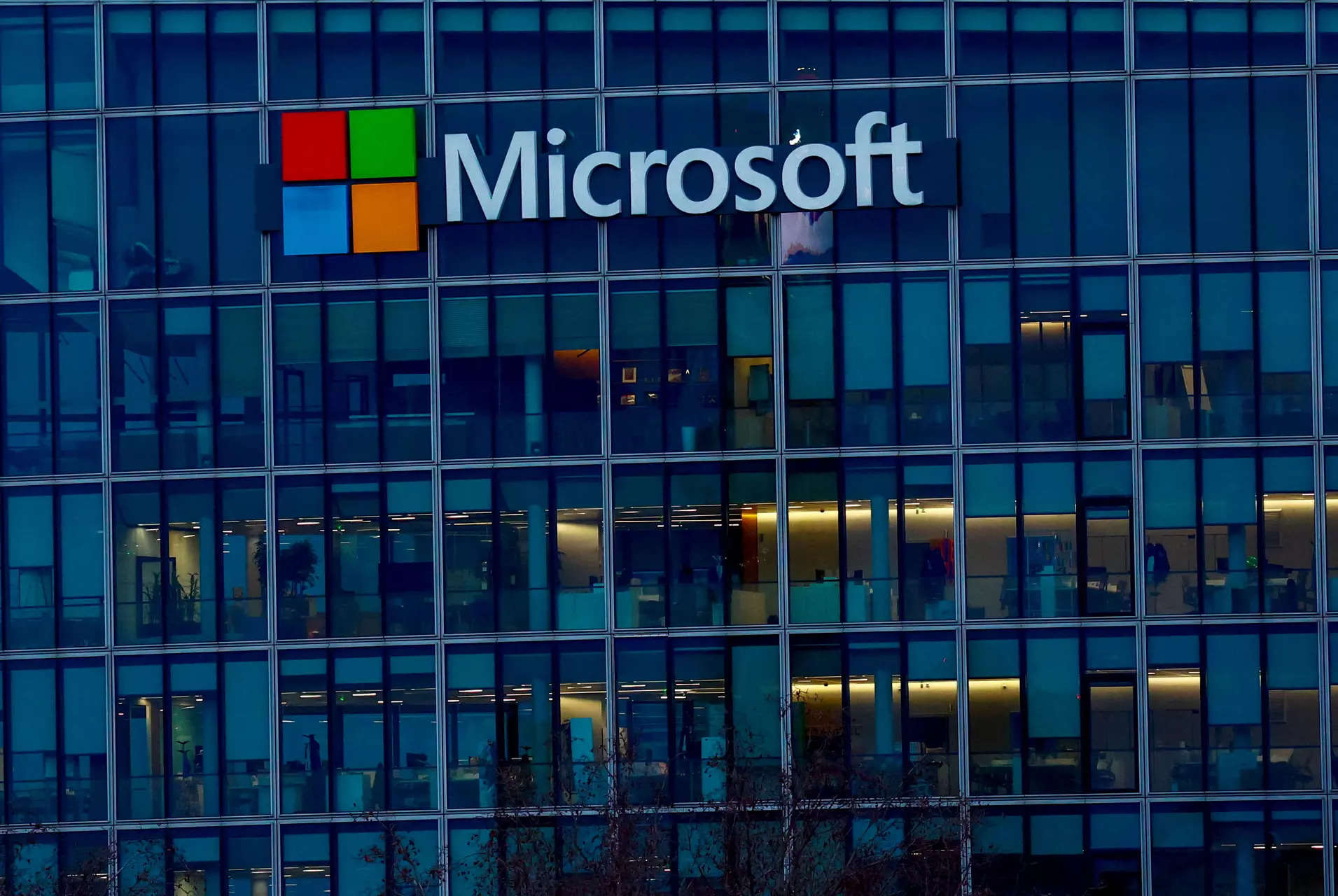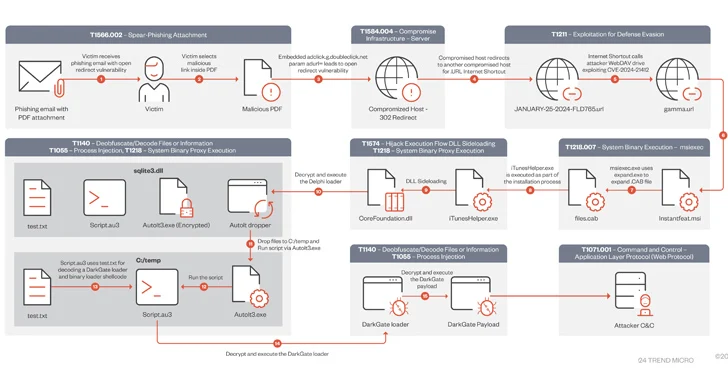Scathing federal report rips Microsoft for response to Chinese hack
In a scathing indictment of Microsoft corporate security and transparency, a Biden administration-appointed review board issued a report Tuesday saying “a cascade of errors” by the tech giant let state-backed Chinese cyber operators break into email accounts of senior U.S. officials including Commerce Secretary Gina Raimondo.
The Cyber Safety Review Board, created in 2021 by executive order, describes shoddy cybersecurity practices, a lax corporate culture and a lack of sincerity about the company’s knowledge of the targeted breach, which affected multiple U.S. agencies that deal with China.
It concluded that “Microsoft’s security culture was inadequate and requires an overhaul” given the company’s ubiquity and critical role in the global technology ecosystem. Microsoft products “underpin essential services that support national security, the foundations of our economy, and public health and safety.”
The panel said the intrusion, discovered in June by the State Department and dating to May, “was preventable and should never have occurred,” and it blamed its success on “a cascade of avoidable errors.” What’s more, the board said, Microsoft still doesn’t know how the hackers got in.
The panel made sweeping recommendations, including urging Microsoft to put on hold adding features to its cloud computing environment until “substantial security improvements have been made.”
It said Microsoft’s CEO and board should institute “rapid cultural change,” including publicly sharing “a plan with specific timelines to make fundamental, security-focused reforms across the company and its full suite of products.”
In a statement, Microsoft said it appreciated the board’s investigation and would “continue to harden all our systems against attack and implement even more robust sensors and logs to help us detect and repel the cyber-armies of our adversaries.”
In all, the state-backed Chinese hackers broke into the Microsoft Exchange Online email of 22 organizations and more than 500 individuals around the world — including the U.S. ambassador to China, Nicholas Burns — accessing some cloud-based email boxes for at least six weeks and downloading some 60,000 emails from the State…





